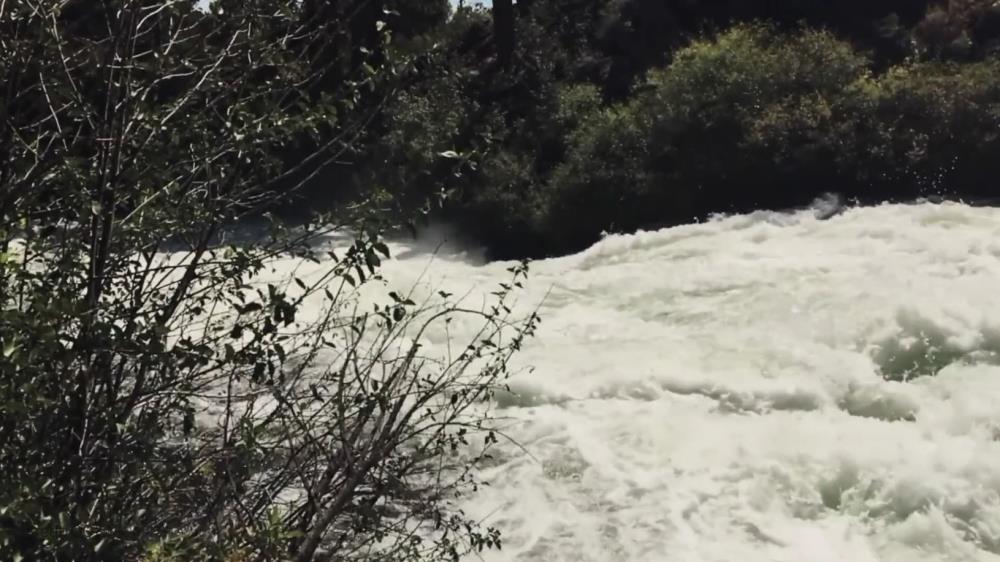
Related items loading ...
Section 1: Project Information
Project Name
MATWF: Matawa Water Futures: Developing an Indigenous-Informed Framework for Watershed Monitoring and Stewardship
Led by
|
|
Lead 1
|
Lead 2
|
Lead 3
|
Lead 4
|
|
Name
|
Sarah Cockerton
|
Terry Mitchell
|
|
|
|
Institution
|
Matawa First Nations
|
Wilfrid Laurier University
|
|
|
|
Role
|
PI
|
PI
|
|
|
|
Contact Information
|
see table below
|
see table below
|
|
|
Classification (e.g., "GWF Pillar 3", "CCRN", etc.)
GWF Pillar 3
Project Websites
Project Description
Metawa Water Futures builds an Indigenous-informed water monitoring framework by combining Indigenous and non-Indigenous knowledge. This framework will help Matawa member First Nations (MFN) prepare for climate change and future industrial development.
Matawa member First Nations members (
http://www.matawa.on.ca ) include
- Webequie First Nation (
http://www.webequie.ca ),
- Marten Falls First Nation (
http://www.martenfalls.ca ),
- Neskantaga First Nation (
http://neskantaga.com ),
- Nibinamik First Nation (
http://www.summerbeaver.com ),
- Eabametoong First Nation (no website yet),
- Long Lake #58 First Nation (
https://www.longlake58fn.ca ),
- Aroland First Nation (
https://www.arolandfirstnation.ca ),
- Constance Lake First Nation (
http://clfn.on.ca ),
- Ginoogaming First Nation (no website yet), and
- Dehcho First Nations (
https://dehcho.org ).
This research promises innovations in water science consistent with a “Two Row Wampum” methodology based on the historical peace and friendship treaty which depicts Indigenous peoples travelling in a canoe and settlers in a ship on common waters, respecting one another and travelling the river of life together with non-interference. This methodology will enable new relationships between Western science and Indigenous knowledge.
This project begins from ndigenous worldviews, values, context and epistemologies and builds into it the capacity for Indigenous leaders and community members to understand, engage with, collect, and analyze Western scientific data to compare against thresholds that are of significance to them.
The overarching vision of this project is to advance Indigenous-informed water science to address the need for a more robust and effective water monitoring and governance system that will support Indigenous decision making and water stewardship in MFN Homelands & Traditional Territories, while also contributing to the broader body of knowledge on this topic both within and beyond the scholarly and policy communities. This vision breaks down into a series of six key objectives, as follows:
1. Build on existing relationships between MFN ITK holders and academic researchers to provide the basis for a respectful exchange and braiding of knowledge systems around water stewardship practice;
2. Enhance capacity for MFNM employees, MFN leadership and communities to effectively bring forward and mobilize Indigenous values and knowledge in water management and governance, alongside Western science practices of data collection and modeling;
3. Establish the basis for an Indigenous-informed water monitoring framework in MFN’s Homelands and Traditional Territories, including both ITK and science criteria for setting baselines, monitoring locations, acceptable-change thresholds and management triggers;
4. Set parameters for water monitoring by Indigenous Guardians in three of the nine MFN, including priority locations for monitoring, key ITK observations and water science parameters to measure, and community-defined thresholds/triggers;
5. Integrate tools for modeling and prediction drawing on the Indigenous-informed monitoring parameters; and
6. Develop opportunities for Indigenous-to-Indigenous knowledge exchange about water stewardship and Indigenous Guardians programming.
Project Participants
|
Sarah Cockerton | Indigenous Co-PI | Manager of Environmental Programs,
Matawa First Nations Management
scockerton@matawa.on.ca
(807) 285-9400 |
Terry Mitchell | Academic Co-PI | School of International Policy and Governance, Balsillie School of International Affairs,
Wilfrid Laurier University,
Waterloo, Ontario. tmitchell@wlu.ca
Phone: (519) 576-0003 |
Current Status of this Project


 GWFNet
GWFNet Master
Master Data
Data Research
Research Map
Map
 Advanced
Advanced Tools
Tools
 . . .
. . .
 Metadata Editor
Metadata Editor
 Record List
Record List
 Alias List Editor
Alias List Editor
 Legacy sites
Legacy sites